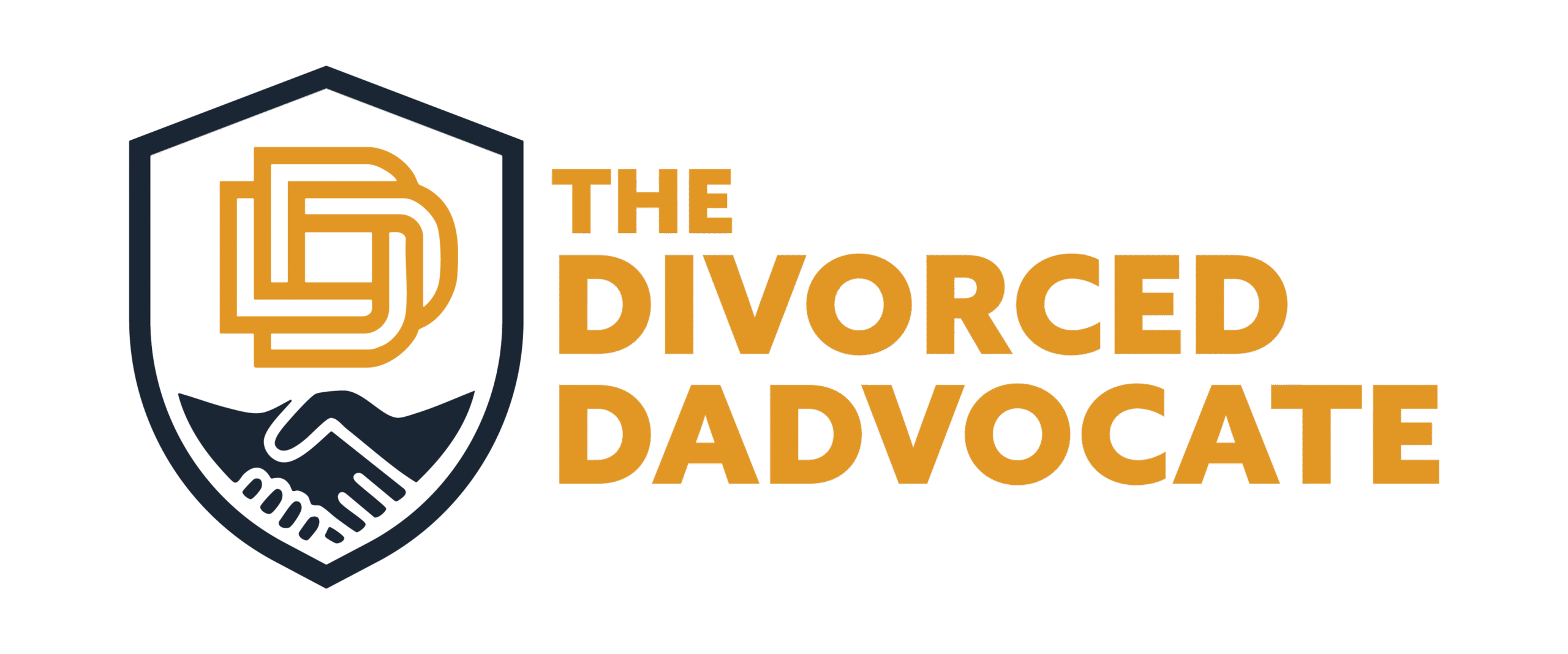The Weaponization of Therapy Against Divorcing Fathers: Navigating Biases and Seeking Support

Divorce is often described as one of life’s most stressful events, and for fathers navigating separation, the journey can be particularly challenging. Amidst legal battles, emotional upheaval, and the complexities of co-parenting, there’s an additional hurdle: therapy. In recent times, therapy has increasingly become a battleground against divorcing fathers, perpetuating stereotypes and complicating their path towards healing. Let’s delve into how therapy can inadvertently become a weapon, targeting not only authoritarian parenting but also perpetuating negative views of masculinity.
The Pitfall of Authoritarian Parenting: A Misunderstood Narrative
In therapeutic contexts, the term “authoritarian parenting” often carries a negative connotation. While it’s crucial to address unhealthy power dynamics within families, it’s equally important to distinguish between authoritarian and authoritative parenting styles.
Authoritarian parenting is characterized by strict rules, punishment, and little room for open communication. However, authoritative parenting, which shares some similarities but emphasizes warmth, responsiveness, and mutual respect, is often more effective in promoting healthy child development.
Therapy sessions sometimes overlook this crucial distinction, unfairly labeling divorcing fathers as authoritarian without considering the nuances of their parenting approach. For instance, a father who emphasizes structure and discipline may be perceived as authoritarian when, in reality, he is striving to provide stability amidst the turmoil of divorce.
Consider a father who, amidst the stress of divorce, becomes more assertive about parenting decisions. In therapy, this could be misconstrued as authoritarianism rather than a coping mechanism for maintaining stability in his children’s lives. The failure to distinguish between healthy assertiveness and authoritarianism can lead to biased therapeutic interventions, unfairly positioning fathers as the antagonists in family dynamics.
Moreover, therapy can inadvertently reinforce gender stereotypes, portraying fathers as emotionally distant or incapable of nurturing relationships. This narrative not only undermines fathers’ efforts but also perpetuates societal misconceptions about their roles in the family unit.
The Stigma Surrounding Masculinity in Therapy
Masculinity is often viewed through a narrow lens in therapeutic settings, with traditional masculine traits like stoicism and independence being pathologized rather than understood. This perspective not only discourages men from seeking help but also perpetuates harmful stereotypes about their emotional capacities.
The American Psychological Association (APA) made headlines with its guidelines on treating men and boys, addressing toxic masculinity and its effects on mental health. However, the classification of “masculinity” as a mental illness by some factions within the therapeutic community has sparked controversy and further perpetuated negative portrayals of masculinity.
Therapy should be a safe space for individuals to explore their emotions and vulnerabilities, yet many men feel pressured to conform to societal expectations of masculinity, even within therapeutic settings. This pressure can deter men from seeking help or expressing their true emotions, hindering their progress in therapy.
Navigating Therapy: Questions for Divorcing Fathers to Ask Potential Therapists
Finding the right therapist is essential for divorcing fathers seeking support during this challenging time. Here are some questions to help ensure that therapists are sensitive to the unique needs and experiences of men:
- Can you tell me about your experience working with divorcing fathers?
- This question allows fathers to gauge the therapist’s familiarity with their specific circumstances and challenges.
- How do you approach issues related to masculinity and gender in therapy? What is your view on traditional gender roles, and how does it inform your therapeutic practice?
- By asking this question, fathers can assess whether the therapist recognizes and respects diverse expressions of masculinity and avoids reinforcing harmful stereotypes. Additionally, they can gauge whether the therapist challenges traditional gender norms or perpetuates them, ensuring a therapeutic environment that promotes authenticity and self-expression.
- What is your understanding of “authoritarian parenting,” and how do you address parenting dynamics in therapy? How do you involve fathers in the therapeutic process and decision-making regarding their children’s well-being?
- This question enables fathers to explore the therapist’s perspectives on parenting without preconceived biases, ensuring a balanced approach that considers individual family dynamics. Additionally, fathers can inquire about the therapist’s approach to involving both parents in co-parenting discussions, ensuring that their voices are heard and valued in shaping their children’s futures.
- Can you provide examples of how you have supported men in overcoming barriers to seeking help and expressing vulnerability? How do you handle conflicts or misunderstandings that may arise due to gender-related differences between clients and therapists?
- This question allows fathers to assess the therapist’s ability to create a supportive and non-judgmental environment conducive to healing and personal growth. Additionally, they can explore the therapist’s conflict resolution strategies and commitment to maintaining a respectful and collaborative therapeutic relationship.
By asking these questions during the therapist selection process, divorcing fathers can ensure that they find a therapist who not only understands their unique experiences but also respects and validates their journey towards healing and personal growth.
In conclusion, the weaponization of therapy against divorcing fathers reflects broader societal misconceptions about gender, parenting, and mental health. By challenging these narratives and promoting a more inclusive and empowering approach to therapy, we can create a space where all individuals, regardless of gender, feel supported on their journey towards healing and self-discovery.






Responses